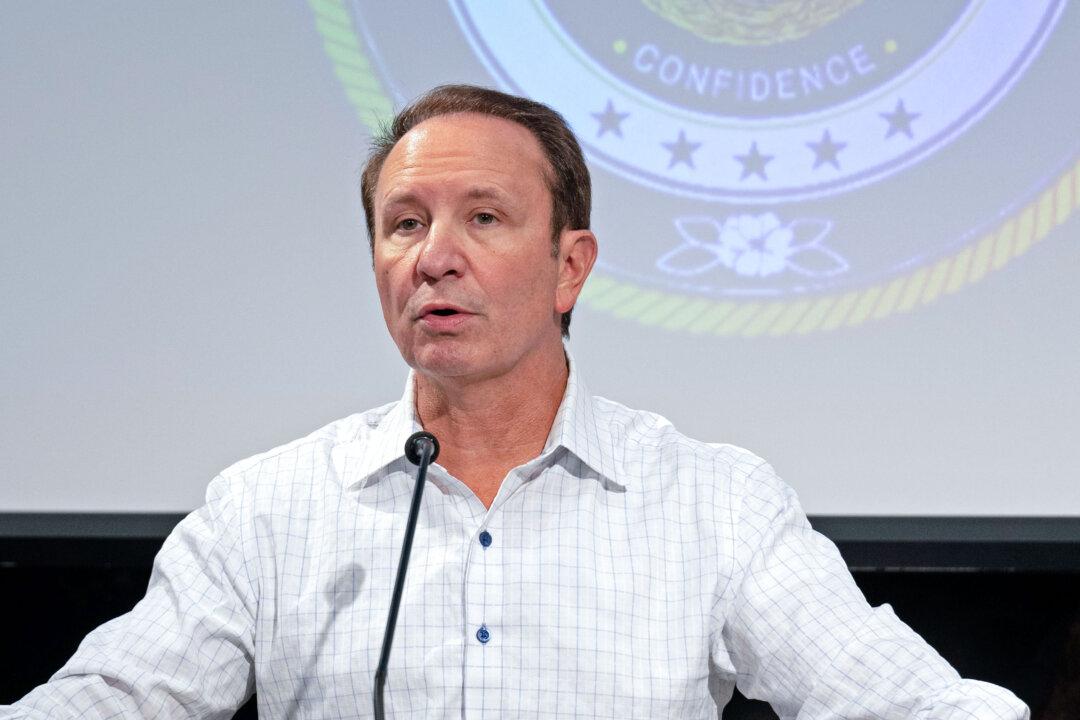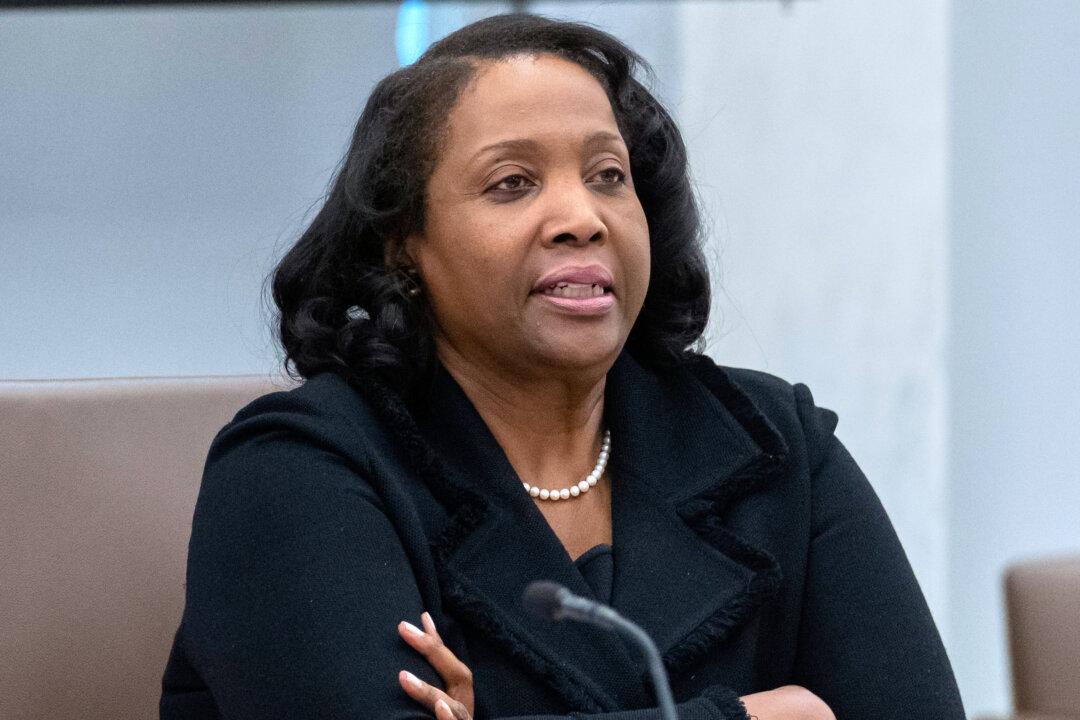Former President Donald Trump on Thursday appealed a Manhattan jury’s verdict in a civil case that he sexually abused and defamed advice columnist E. Jean Carroll.
Trump’s appeal was the latest update in a legal clash between Trump, 76, and Carroll, 79, who accuses Trump of having raped her in a dressing room at the Bergdorf Goodman department store in Manhattan in 1995 or 1996.





